Think Like a Rower, and Other Life Lessons from Sports
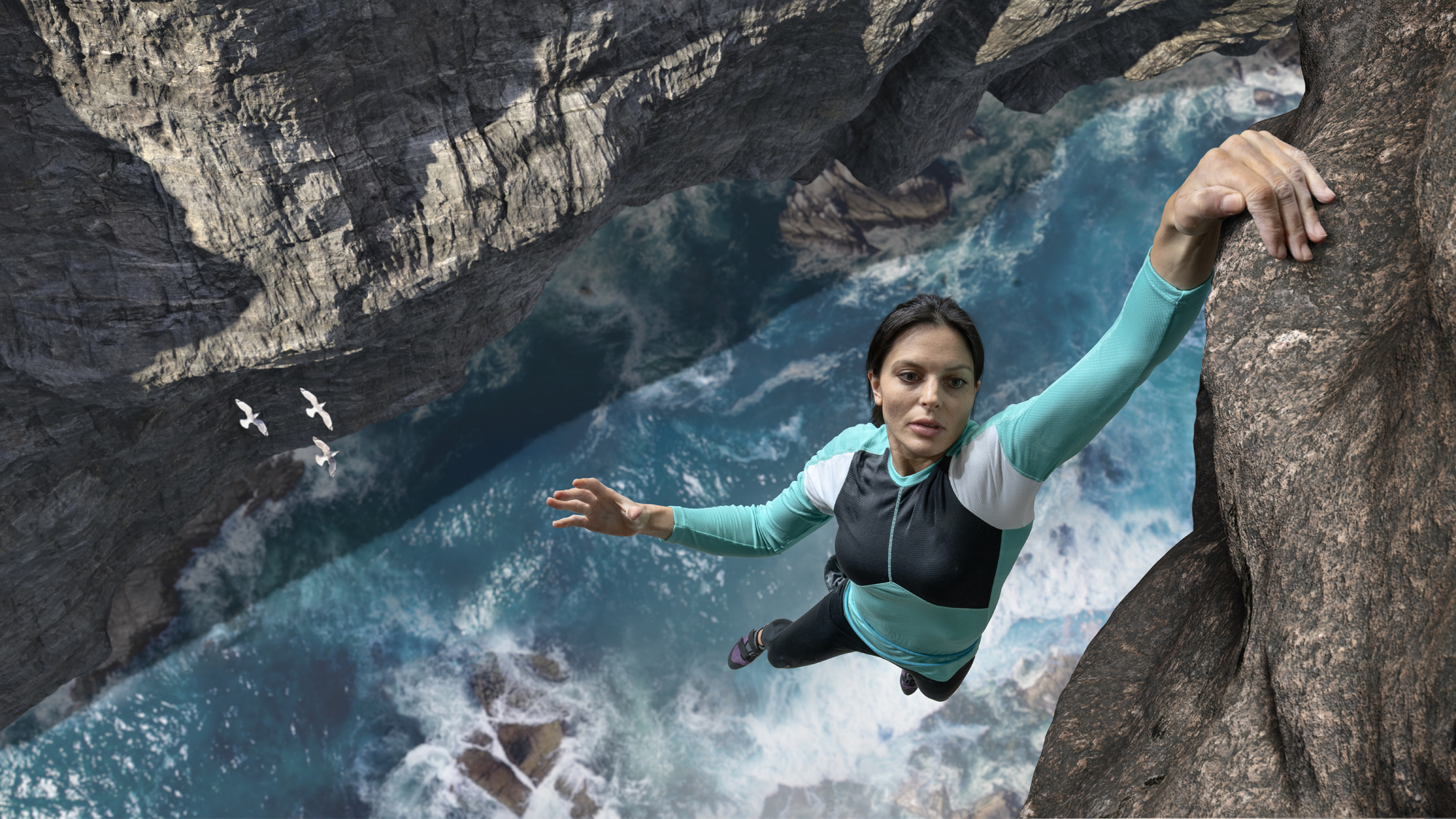
Learning and Development (L&D) has evolved from formal classroom learning to making learning a seamless part of an employee’s day-to-day life. Industry analyst Josh Bersin has called this new learning paradigm “Learning in the Flow of Work.” But L&D has since taken this notion a step further. In the same way that the “work-life balance” concept has morphed into “work-life blending,” “learning in the flow of work” is expanding into the more fluid notion of “learning in the flow of life.”
In today’s world, soft skills are becoming increasingly important, as they are the most difficult to automate. In contrast to technical skills, however, they are also more difficult to teach. Soft skills are linked to emotional intelligence and character. They include skills such as communication and collaboration, as well as personality traits such as grit, resilience and a growth mindset.
Soft skills cannot be acquired within a narrow 9 to 5 setting. Non-work activities and experiences can not only help you grow as a person but also teach you skills that are directly applicable to the work setting.
The world of sports, in particular, offers a wealth of tried-and-true strategies and best practices that also yield great results in a corporate setting. Similarly, sports has produced men and women of great character and perseverance we can all learn from. Let’s look at some examples:
Mountaineering and VUCA
Do you find it difficult to cope with our rapidly changing world? Perhaps you need to find a new way to approach your environment.
The Nordwand (north face) of Switzerland’s Eiger Mountain – a two-kilometer vertical wall – is famous for its inaccessibility and for the high death toll among those who attempt to climb it. The Nordwand stands as a metaphor of today’s business world, which is beset with avalanches, falling rocks and nasty storms. In 2008, Swiss alpinist Ueli Steck embarked on a solo climb of the Nordwand. Dressed warmly but lightly and equipped with only the most essential technical equipment – a rope and a pair of ice axes – Steck applied a new technique: Climb “light and fast” and adapt quickly to the mountain’s challenges.
According to long-time mountaineer and business consultant Patrick Hollingworth, this “alpine-style ethos” is exactly what we need to deal with the “volatility, uncertainty, complexity and ambiguity” (VUCA) that characterize today’s business world. This “alpine-style ethos” is about letting go of your inborn need to control and, instead, to respond to changes in the environment. In alpine style, your climbing follows no rigid structure and deals with the VUCA environment as it happens: Make a plan, go for it, then – when the circumstances change – make a new plan, and go for that:
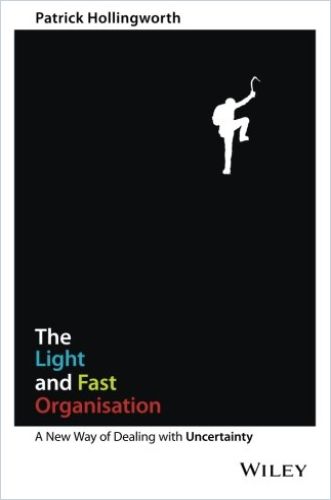
A 500-Mile Pilgrimage and Handling Big Projects
Paralyzed by a big work project? Are you putting it off just because you don’t know where to start? Don’t be discouraged. No one has ever hiked 500 miles in a day!
Leadership consultant Victor Prince took a month-long sabbatical to hike across northern Spain as a pilgrim on El Camino de Santiago – the Path of Santiago. The 500-mile hike changed Prince’s perspectives on life and leadership – and he shares some of the lessons he took from the experience in his book, The Camino Way.
Among these lessons: Break the intimidating journey into shorter stretches to make each day’s objective more attainable. During the pilgrimage, Prince committed to starting each day with a “reasonable goal,” such as the number of hours he’ll walk, and then celebrated the attainment of each day’s goal. Similarly, if you find yourself paralyzed by a big work project, you could specify the time you’ll stop working for the day or the single task that will make your day feel successful. Celebrating your daily successes will motivate you to continue on the next day – one step at a time.
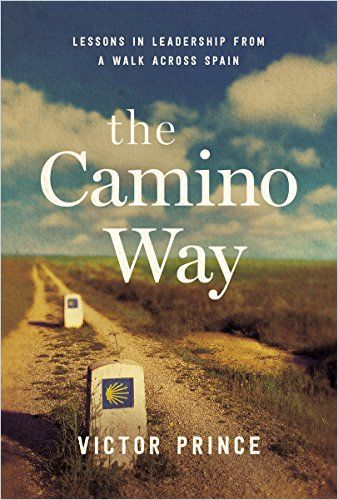
Rowing and the Futility of Worrying
Do “what if” type thoughts keep you from pursuing opportunities? Let’s ask a successful team of Olympic rowers about how they would handle a sudden rainstorm on their big day!
The US rowing team follows a simple but effective maxim: Don’t worry about what you can’t control. Or, in “rowers’ speak,” focus only on what’s “inside your boat.” You can’t change the weather, you can’t change the past and you can’t change the behavior of others. Don’t waste time and energy on things that you have no power over. Direct all your energy toward what’s within your grasp and work diligently toward your goals. This principle will definitely get you ahead. Just ask a rower!
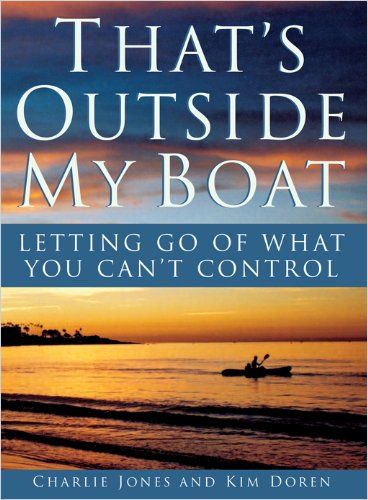
Table Tennis and “Purposeful Practice”
Do you feel stuck in your career and don’t know how to advance to the next level? Let’s see how a world-class table tennis player can help you get that ball rolling again.
Numerous research studies have shown that how long people work at their careers has little to do with achieving optimal performance. Analyzing the training practices of some of the world’s most successful athletes, two-time Olympian in table tennis, Matthew Syed, explains that success requires not only strong experience, but also “deep concentration.” To strengthen your abilities, practice must have a clear purpose: to make progress. Thus, in order to advance at anything you do, take your cues from the best in sports by constantly pushing your limits and extending yourself beyond your normal comfort zone:
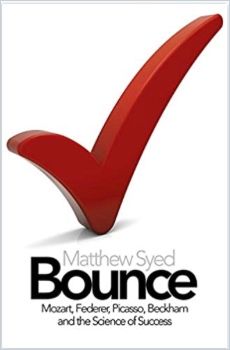
Tennis and Healthy Work Habits
Do you often feel drained and low on energy while trying to excel at a demanding job? Competitive athletes know that without taking care of your body and spirit, you will never perform at your best.
The world’s top athletes have long recognized the importance of balancing performance and recovery. Sports medicine expert Jack L. Groppel, who has worked with the US Tennis Association for many years, discovered how the same skills that get tennis players to compete at Wimbledon will also help individuals perform better in their careers and their lives. In his book, Groppel shares practical advice straight out of a tennis pro’s “playbook:” Eat small, frequent and nutritious meals to keep your energy levels up; intersperse your day with recovery breaks to strengthen your mind, body and spirit; and work in bursts of intense effort and then allow for some downtime to recharge:
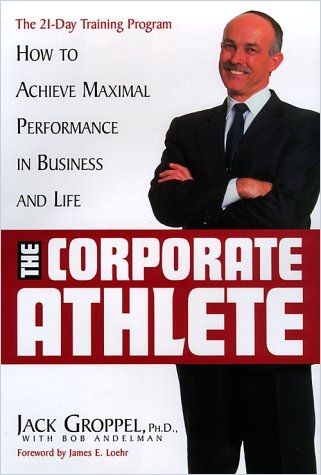
Surfing and Entrepreneurship
Are you thinking about starting your own business or changing your career path but are too afraid to take the leap? Perhaps this is a good time for you to take up surfing.
Srinivas Rao was harboring the dream of becoming an entrepreneur but was too hesitant to take the leap. Learning how to surf, however, gave him the self-confidence to quiet the inner voice that filled him with doubt. Surfing gave him the courage to carve his own path, and the tools to see failure and struggle as part of a journey. Yes, you will wipe out, you’ll get dragged across jagged rocks and other surfers will heckle you. But if you persevere, you’ll experience the joy of riding a wave:
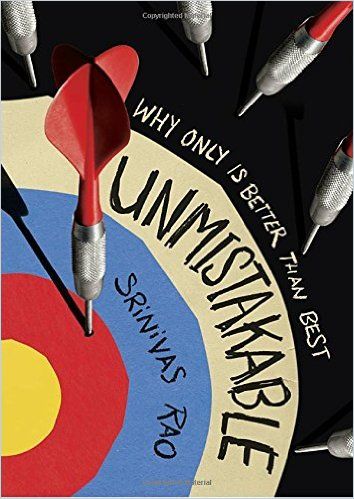
American Football and Winning
Do you want to win big in life? Develop a smart game plan!
For executive coach Jennifer A. Garrett, American football demonstrates a lot about how to succeed. Winning in football, as in life, requires discipline, hard work, sacrifice and dedication to your short-, medium- and long-term goals. In football, the playbook is the execution plan for winning a game. You need a similar action plan to win in life. Be creative and bold in your planning. Step out of your comfort zone. Take risks. Know your rivals and their strengths and weaknesses. Figure all this information into your planning. Move away from the crowd to differentiate yourself. You are your own quarterback, Garrett reminds her readers. It’s up to you to move the ball down the field:
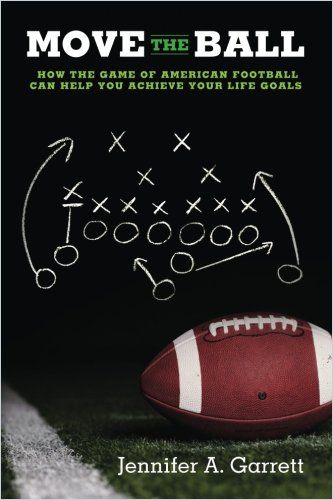
Whether you face a physical obstacle on a mountain climb or a bug in your accounting software; get into a storm on a rowing expedition or into a nasty argument with a co-worker; try to catch up after falling behind in a tennis match or struggle to meet a tight work deadline – what counts the most in all these situations is how you approach and respond to them. In this way, work is no different from the rest of life. Learning happens everywhere.







